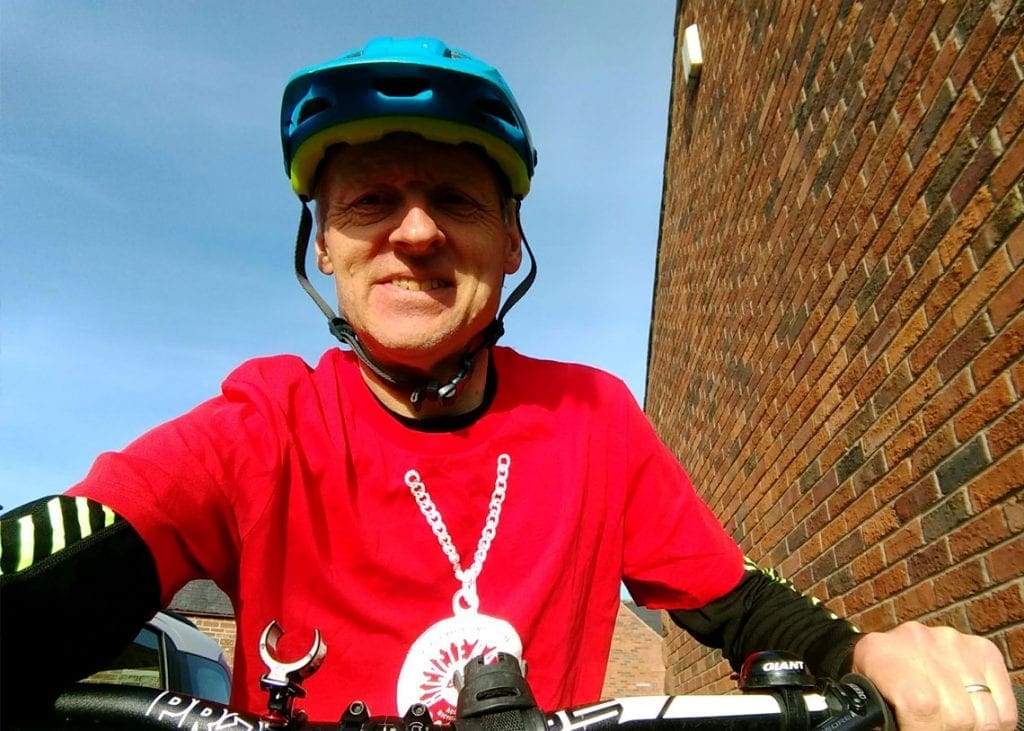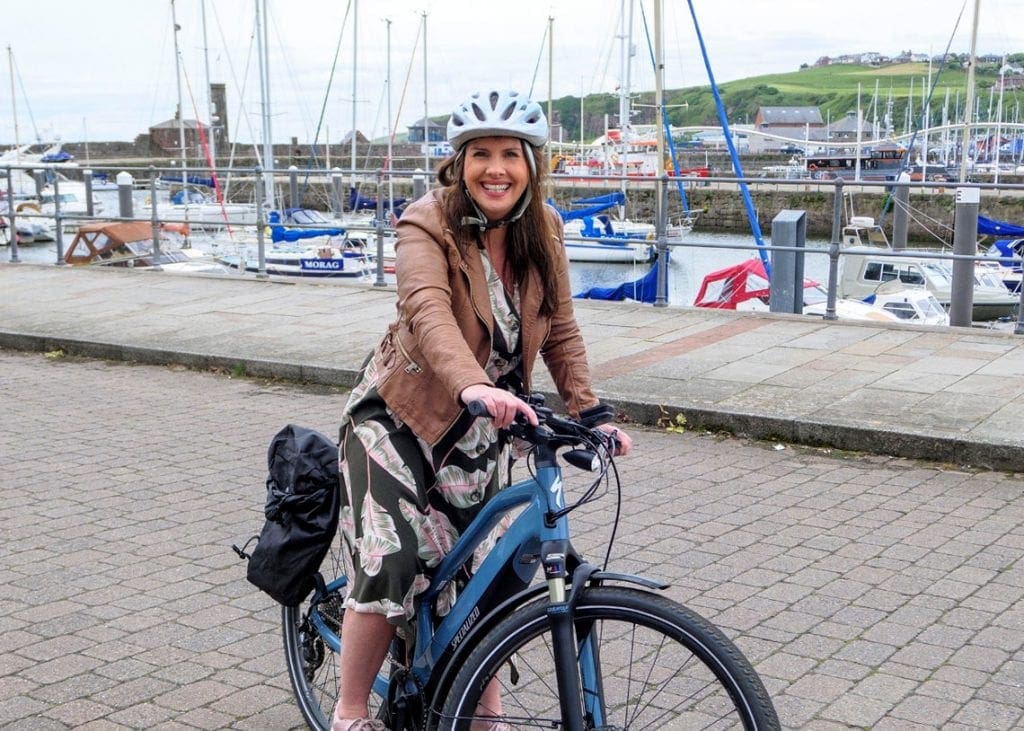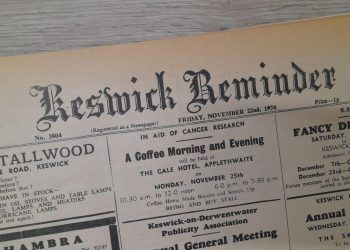Parts of the North Lakes would be ideal areas to benefit from a share of a £1.1 million government fund to provide traffic-free routes for cyclists and walkers in the county, says Cumbria’s bicycle mayor.
Richard Ingham identified Borrowdale, Newlands and Lorton as locations in the Lake District national park where the money would be well spent following an upsurge in cycling and walking during the coronavirus crisis.
Cumbria County Council this week put forward a list of walking and cycling schemes to the Department for Transport for consideration for funding as part of a national £225 million emergency active travel fund.

The council has already been allocated £233,000 as the first tranche of its £1,167,000 total, with the balance being paid this summer if suitable schemes are submitted. The first tranche’s schemes include three minor improvements in Keswick town centre, Derwentwater and Thirlmere.
However, Mr Ingham, who is a transport planner, says there is plenty more scope in rural areas like the North Lakes after what he says has been the biggest cycling boom of his life. “There are several back roads in Borrowdale, Newlands and Lorton Vale that could be freed from cars for the benefit of people choosing to walk and cycle,” said the cycling mayor.
He wants traffic controls on Lake District country lanes and villages so cyclists and walkers receive better protection as Covid-19 restrictions are eased, otherwise he predicts traffic chaos. “Local roads have seen huge increases in people cycling and walking and residents have been enjoying freedom from traffic dangers and congestion. What’s more, it is mainly residents that have been travelling in this way, taking advantage of empty roads.
“In over 40 years of cycling, I have never seen so many people take to their bicycles. The reduced traffic on our roads has lifted the lid on pent up demand to walk and cycle – for leisure, exercise, shopping, work. I have seen families out – mum or dad at the front with kids and friends in a long line behind. Older couples, often on e-bikes. Even teenagers going for a picnic by the river.
“But as traffic returns to pre-lockdown levels, I am concerned that the recent trend to more healthy and sustainable travel will be at risk as motor traffic re-asserts itself,” says Mr Ingham, who has been approached by individuals and local groups with concerns. He added: “It’s unacceptable that cars can reclaim every road in the national park when local people have shown how they choose to walk and cycle when the dangers of traffic are removed.”
Part of the solution, he says, is to stop through traffic from using minor roads where there is a better, alternative route available, perhaps on the other side of the valley. “Of course, if you live, work, farm or are staying along that minor road you would have access – but not for just driving along it,” said Mr Ingham, who was elected by the Bicycle Mayor of Cumbria Support Group for a two-year stint in office last June.
Keswick’s MP Trudy Harrison has welcomed the additional government funding, primarily for new cycling or walking lanes but also including
vouchers for cycle repairs to encourage people to get their old bikes out of the shed and resume cycling. Mrs Harrison said: “There is no better time to encourage people into a more active and environmentally friendly methods of transport.”









